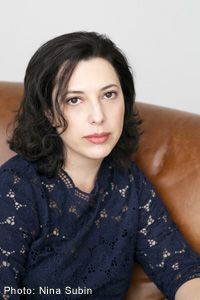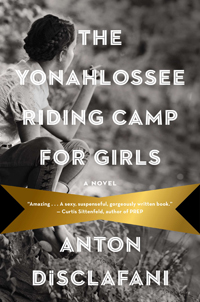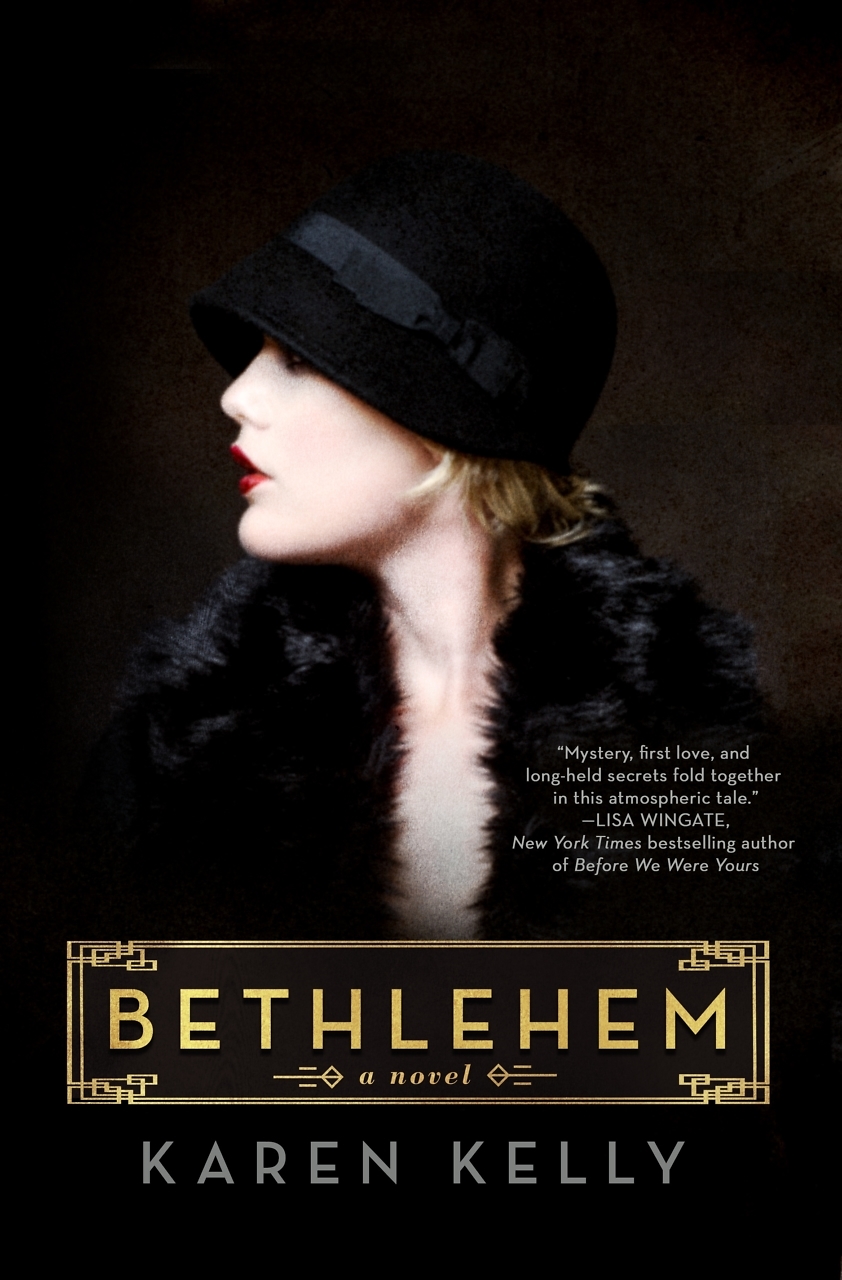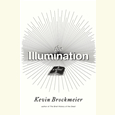An Island of Rich Girls
The Yonahlossee Riding Camp for Girls, Anton DiSclafanii’s debut novel, captures the swirl of impulses in a 1930s teenager at odds with her age
A “nasty girl with nasty thoughts,” a “wrong girl if there ever was one,” and “strangely powerful”: these are some of the ways Thea Atwell, the narrator of Anton DiSclafani’s The Yonahlossee Riding Camp for Girls, describes herself at age fifteen. It is 1930 and, after a terrible accident involving her brother and cousin Georgie, the details of which slowly unfurl throughout the novel, Thea is sent away from her home in rural Florida to Yonahlossee, an exclusive school for young women in the North Carolina Appalachians, “an island of rich girls in the middle of the poorest.”
What Thea gains there is not the means to become a different kind of girl but an awakening to the inevitability of one’s character, the notion that nature will have it no other way. In this debut novel, DiSclafani offers an elegantly written, reflective journey of a girl who, in the wake of family tragedy for which she bears responsibility, begins to confront her own fearlessness and desire, both of which put her at odds with the cultural expectations for women of her time.
 Thea has always led a life tightly defined by family, her kinship with her twin brother, Sam, and abundant material comfort. “Money meant nothing to me, then,” she says. “There was always another set of silk drapes from Orlando, another pony, another ivory-handled knife.” She’s sheltered but independent, used to being on her own in the natural world, largely the designer of her own days, her life at home “constant in the way of happy childhoods.” “We knew what to be afraid of in the Florida wilderness, but we were taught to be unafraid of the natural world,” she reflects. “The smaller the animal, the more afraid it was of us. And when I was on my pony, my father told me, I was a terrifying creature—snakes could feel our footsteps from miles away, and bears and panthers could smell us before they saw us.” On the back of her beloved pony at home, or atop the horse entrusted to her at Yonahlossee, Thea experiences the thrill of power; it is the critical difference between her and her twin, Sam, a gentle boy who, she believes, “needed to let himself be scared sometimes, in order to experience the pleasure that risk brought.”
Thea has always led a life tightly defined by family, her kinship with her twin brother, Sam, and abundant material comfort. “Money meant nothing to me, then,” she says. “There was always another set of silk drapes from Orlando, another pony, another ivory-handled knife.” She’s sheltered but independent, used to being on her own in the natural world, largely the designer of her own days, her life at home “constant in the way of happy childhoods.” “We knew what to be afraid of in the Florida wilderness, but we were taught to be unafraid of the natural world,” she reflects. “The smaller the animal, the more afraid it was of us. And when I was on my pony, my father told me, I was a terrifying creature—snakes could feel our footsteps from miles away, and bears and panthers could smell us before they saw us.” On the back of her beloved pony at home, or atop the horse entrusted to her at Yonahlossee, Thea experiences the thrill of power; it is the critical difference between her and her twin, Sam, a gentle boy who, she believes, “needed to let himself be scared sometimes, in order to experience the pleasure that risk brought.”
Thea’s yen for horseback riding—her fearlessness, the way she embraces risk and acts on instinct—finds its parallel in her awakening sexual desires, and this twinning imbues the novel with a slow, sexually charged burn. It also provides the book’s central tension: one summons to power is encouraged by the adults in Thea’s life while the other is strictly forbidden, but both stem from the same swirl of impulses. At Yonahlossee, Thea’s riding skills make her the object of the other girls’ admiration, but she remains an outsider, a curiosity. Rumors quickly spread: the girls know that Thea has been removed from home in the aftermath of trouble involving a boy, but they don’t know the details of her transgression.
 One cabin-mate, a well-liked girl named Sissy, quickly befriends Thea, and the two develop the mutual need typical of young female alliances. Thea depends on Sissy’s kindness, her friendship Thea’s only peer support in this highly stratified world of wealthy young women. In turn, when Sissy begins an illicit relationship with a boy from a nearby school, she entrusts Thea to cover for her when she slips away to the woods to visit him at night. Thea sees herself as an apt candidate for the job: “Was there something about me that spoke of a receptiveness to this sort of thing?” she wonders. “An explicitness in my nature, some quality I was unaware of that made me bad? This was all fun for Sissy. And I wanted it to be that way for her, because she was not like I was.”
One cabin-mate, a well-liked girl named Sissy, quickly befriends Thea, and the two develop the mutual need typical of young female alliances. Thea depends on Sissy’s kindness, her friendship Thea’s only peer support in this highly stratified world of wealthy young women. In turn, when Sissy begins an illicit relationship with a boy from a nearby school, she entrusts Thea to cover for her when she slips away to the woods to visit him at night. Thea sees herself as an apt candidate for the job: “Was there something about me that spoke of a receptiveness to this sort of thing?” she wonders. “An explicitness in my nature, some quality I was unaware of that made me bad? This was all fun for Sissy. And I wanted it to be that way for her, because she was not like I was.”
DiSclafani’s narrative, formal and delicately lyrical in a way that seems of a piece with the setting and time period of the novel, offers up an intriguing and complex portrait of a young woman in an era of great upheaval. Insulated from the worst of the Great Depression, Thea knows that in many respects she is not so different from the other young women who, like her, are well-to-do, from prominent families. She recognizes the double-edged sword of protection and threat that family represents not just for her, but for all of the young women at Yonahlossee. “Danger presented itself, every girl knew, from within the family—your father’s mistress; your mother’s thorny relationship with her mother-in-law, your grandmother, the first cousin who had tried to kill himself. But we were no one, nothing, without our families.”


